RSS
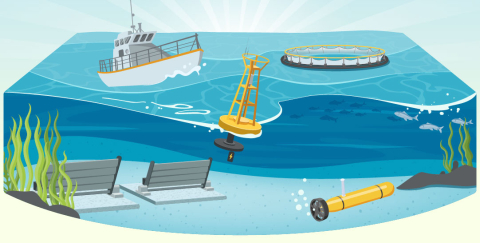
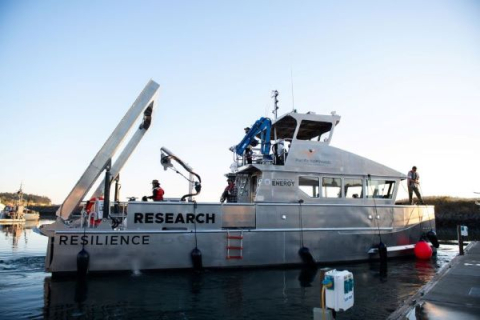
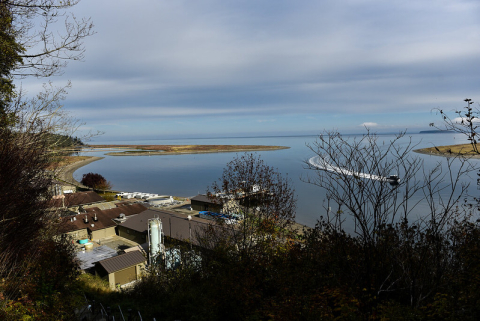

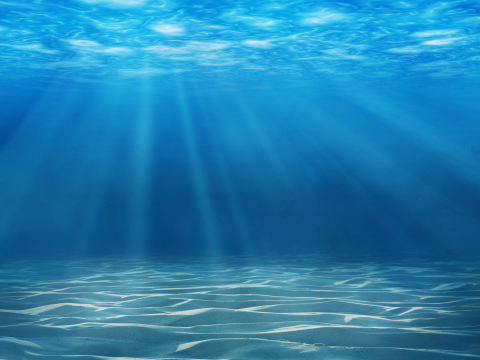
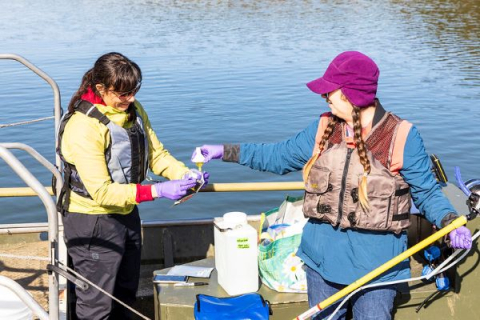

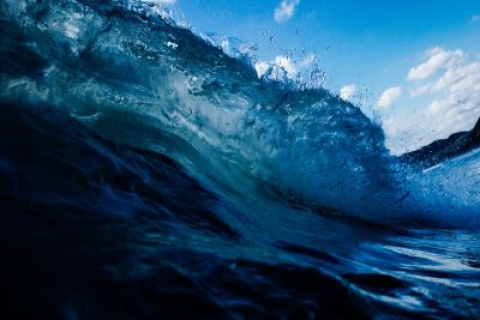
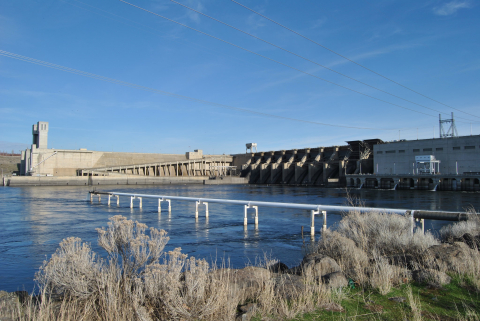

Subscribe to the Marine Energy Newsletter
WPTO's Marine Energy e-newsletter shares news and updates on tools, analysis, and emerging technologies to advance marine energy.
Below are stories about marine energy featured by the U.S. Department of Energy (DOE) Water Power Technologies Office.

The 20 winning teams developed innovative concepts that use marine energy to power ocean-based activities.

Pacific Northwest National Laboratory commissioned DOE’s first hybrid diesel-electric research vessel, the RV Resilience, demonstrating the decarbonization potential for marine transportation while simultaneously supporting ocean research.

Brush up on water power basics to learn how hydropower and marine energy could be key players in ensuring clean, affordable, sustainable energy.

Matthew Grosso, Director of the U.S. Department of Energy’s Water Power Technologies Office, shares how his childhood interest in history and inspiration from Abraham Lincoln led him to become a leader in public service.

$16. 9 million funding available for offshore wind and marine energy research and development.

Selections include more than $8.6 million for 13 hydropower technical assistance projects and nearly $25 million for 25 hydropower and marine energy research and development projects at six DOE national laboratories.

The 25 projects selected through the Small Business Innovation Research and Small Business Technology Transfer program will help to accelerate the growth of hydropower and marine energy innovation and technology.

The Water Power Technologies Office hosted a stakeholder webinar in August 2024 that focused on potential uses for artificial intelligence and machine learning in water power.

Students from the Hydropower Collegiate Competition and Marine Energy Collegiate Competition winning teams discuss how they connected with students and local groups in their communities to inspire and encourage learning about water power and renewable energy.

The U.S. Testing Expertise and Access for Marine Energy Research (TEAMER) program enabled the University of Washington to test environmental monitoring technologies to better understand how marine life interacts with deployed devices.

